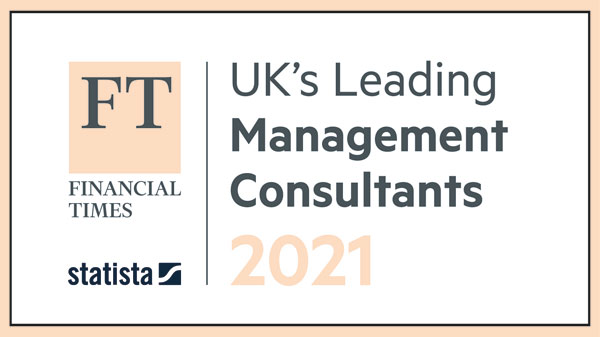There’s lots being said about mindfulness in the workplace: there’s good evidence that personal mindfulness meditation practice reduces stress and improves wellbeing. There’s a clear instant appeal for leaders as it’s an obvious truism that resilience improves a leader’s effectiveness. But we think a significant opportunity is often missed regarding mindfulness at a group, rather than just an individual level.
Those who’ve engaged in mindfulness practice find that the REAL juice is their increased awareness of their emotional reactions. This offers them opportunity for active choice rather than automatic reaction. Mindfulness helps people to “think slow” when there’s no immediate need to “think fast” and it’s another truism that the kind of meaningful change often sought by leaders is unlikely to come from their automatically reacting in the ways they’ve reacted before.
This is especially important given that leaders do what they do IN RELATION to others. The leader’s role is to bring the best out of each individual in service of the team or organisation but few can really explain the nature of this art. In many ways, the way the ‘group mind’ works is similar to the way the ‘individual mind’ works. It then follows that, as we understand how our own mind works, we begin to see how the group mind works also.
We are social beings and the reason we work together is because this enables us to pool resources to achieve shared goals that, in turn, give us what we need. When we feel others around us are working for the collective interests of the group, we can be less vigilant about protecting our own interests. This enables us to focus on what we need to do because we don’t need to look out for ourselves. This is how humans regulate emotions in a group and this, in turn, conserves energy that individuals can then dedicate to getting stuff done. These are the kinds of conditions that make effective leadership possible, all the more so during the kinds of organisational change that necessarily provoke emotional reactions.
Whereas most leadership development approaches to mindfulness focus on developing the individual, our experience and research indicate that significantly higher impact can come from groups developing their mindfulness skills whilst working together. A group in which multiple members model to each other how they can listen, regulate their emotions and maintain group social cohesion has a significantly higher chance of being resilient than one in which all that is left to the leader.
So, to take these issues of leadership and organisational change seriously, we’ve stepped up to develop and validate interventions both to develop group mindfulness and to teach others how to do it. How will you and your group(s) take advantage of group mindfulness?



